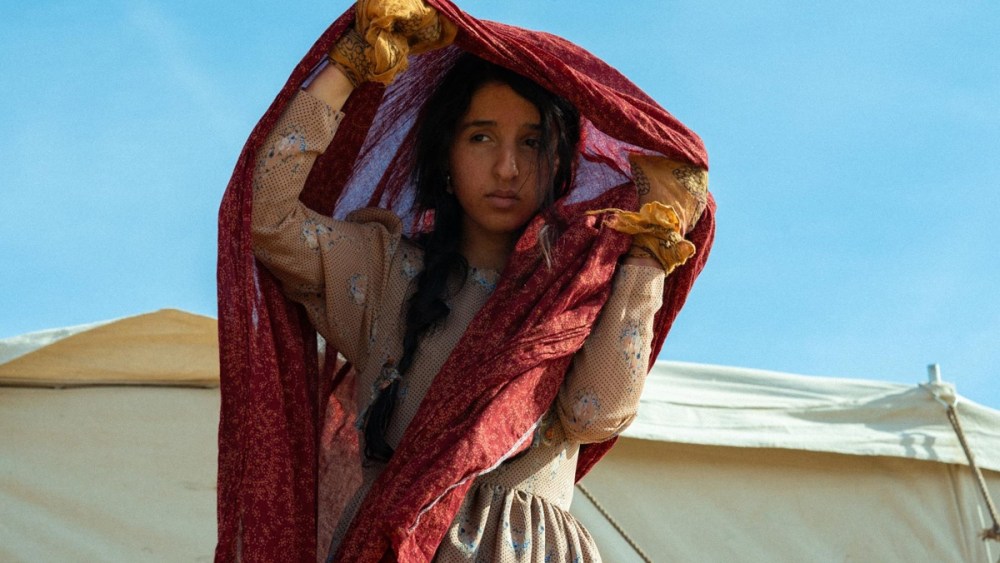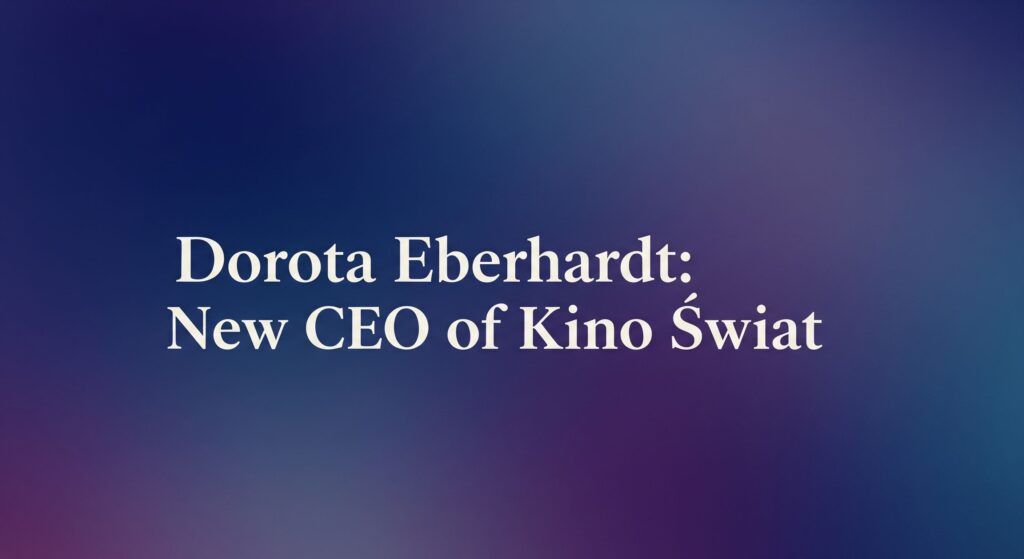At the core of Abdulaziz Alshlahei’s impactful third film “Hobal” lies a poignant irony, depicting a family that has long sought refuge in the desert, under the leadership of Liyam (Ibrahim Al-Hasawi), a patriarch who upholds Bedouin traditions by distancing himself from civilization. While this nomadic family has previously moved at will, this compelling drama unfolds at a time when they can no longer escape the future or each other.
Set in the Middle East six months before the Gulf War in 1990, “Hobal” highlights that a breaking news alert about the looming conflict barely registers on the radio that Battal (Hamdy Alfridi), one of Liyam’s sons, is struggling to tune into in the remote wilderness. When Rifa (Amal Sami), a teenager in the family, contracts measles, the reports of armed conflict become secondary to the internal family struggle regarding a potential journey to Kuwait. Liyam is resistant to the notion that treatment can only be found in a city he associates with sin, but he views her illness as a catalyst to relocate, especially with other signs of impending doom: the buildup to war, the death of his grandchild, and the absence of his son Majed, who left behind his own young son, Assaf (Hamad Farhan).
“Hobal” risks overwhelming its audience early on, as the film quickly presents a grave scene where a child is buried by her mother, followed by the ruthless shooting of a dog approaching the grave. This dramatic opening compels Alshlahei to introduce each of the nine family members by name, helping viewers keep track as a caravan of trucks begins crossing the dunes to escape their tragedy. For viewers unfamiliar with the region, these characters may symbolize the evolving society Liyam has distanced himself from, though this can feel frustratingly ambiguous. Nevertheless, patience pays off as Rifa’s condition becomes a critical flashpoint for the family, with her measles not only creating a physical divide between the young and old but also challenging their perspectives on modernity and proactivity.
Introduced alone in the back of a flatbed truck while her relatives are crammed into their vehicles for a kind of quarantine, Rifa emerges as an outsider among outsiders, yet she is not alone in her sense of isolation. Although Liyam has been raised as a devoted servant of God, he bears the heavy burden of being an all-powerful figure for his family—an authority that is both unquestioned and elusive. It is fitting that this weight of responsibility ultimately leads him to vanish, leaving the family to interpret how to enact his will.
The absence of leadership becomes stark as Rifa’s health declines, and while the family possesses confident women, only men are expected to assume leadership roles. A compelling contrast arises between Liyam’s two remaining sons, neither of whom is a suitable leader. The more reserved and thoughtful Battal would be a better caretaker for the family, but his confidence has been shattered after a marriage proposal was embarrassingly rejected. Conversely, Liyam’s more impulsive son Shannar (Mishal Almutairi) craves authority but lacks paternal instincts, showing little concern for Rifa despite her being his daughter.
Cinematographer Mahmoud Youssef and production designer Adel Alshahrani provide Alshlahei and writer Mufarrij Almajfel the opportunity to establish the intricate relationship dynamics, engaging viewers visually. The vibrant homestead the family creates and the clever compositions are striking, especially the connection between Assaf and Rifa, depicted through a two-way mirror that transcends the barrier of the tent separating them during her illness. This simple yet powerful image also underscores the bond shared by the youngest characters, contrasting with the struggles faced by the older generation in forming such clear connections.
The more overtly tragic moments in the film seem tied to outdated ways of thinking, which the film critiques. However, throughout much of “Hobal,” Alshlahei appears to be ahead of his time in illustrating the clash of values from various perspectives. The conflicting ideals shaped by age, gender, and religious devotion may lead the family to a standstill, yet recognizing these differences signifies progress.
Person
Abdulaziz Alshlahei, Liyam, Ibrahim Al-Hasawi, Battal, Hamdy Alfridi, Rifa, Amal Sami, Majed, Assaf, Hamad Farhan, Shannar, Mishal Almutairi, Mahmoud Youssef, Adel Alshahrani, Mufarrij Almajfel
Titles
Hobal
Company Names
None
Disclaimer: This article has been auto-generated from a syndicated RSS feed and has not been edited by Vitrina staff. It is provided solely for informational purposes on a non-commercial basis.


















































